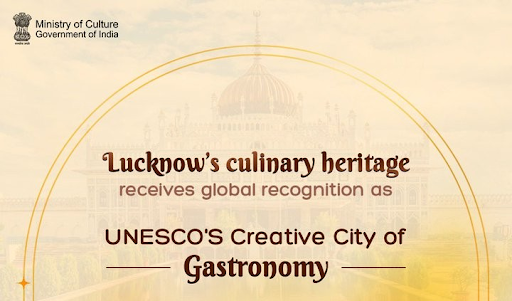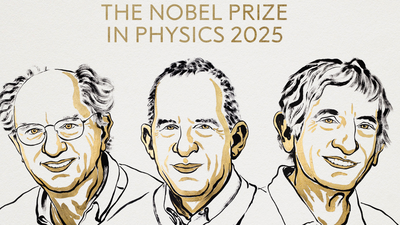Description
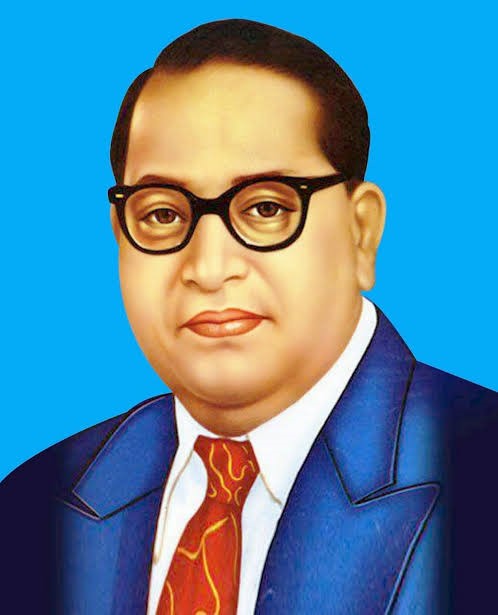
Disclaimer: Copyright infringement not intended.
Context
- Ambedkar Jayanti is an annual festival celebrated in India to commemorate the birth anniversary of Dr Bhimrao Ambedkar, also known as Babasaheb Ambedkar, who was an Indian jurist, economist, social reformer and politician and is best known as the chief architect of the Indian Constitution.
About BR Ambedkar
Early Life
- The champion of Dalit rights and the principal architect of the Indian Constitution, Dr Bhimrao Ramji Ambedkar was born on April 14, 1891 in Madhya Pradesh’s Mhow.
- Due to his Mahar caste since childhood, before converting to Buddhism, Dr BR Ambedkar witnessed economic and social discrimination and most of these painful experiences that honed Babasaheb’s life have been penned down by him in his autobiographical book ‘Waiting For A Visa’.
- Baba Saheb was the 14thand last child of his parents.
- Babasaheb got his early education in Bombay.
- He got his M.A. and Ph.D. degrees from Columbia University in 1915 and 1916 respectively. He then left for London for further studies.
- In 1916 he read an essay on ‘Castes in India — their Mechanism, Genesis, and Development’.
- In 1916, he wrote his thesis ‘National dividend for India — A Historic and Analytical Study’ and got his Ph.D. Degree. This was published after eight years under the title — “Evolution of Provincial Finance in British India.”
.jpg)
Career
- Then after getting this highest degree, he returned to India and was appointed a Military Secretary to the Maharaja of Baroda with a view to groom him as the finance minister in the long run.
- The maltreatment he faced on grounds of untouchability had forced him to leave the service.
- Ambedkar returned to Bombay and joined Sydenham College as a Professor of Political Economy. As he was well read, he was very popular among the students.
- But he resigned his post, to resume his studies in Law and Economics in London.
- In 1921, he wrote his thesis. “Provincial Decentralization of Imperial Finance in British India,’ and got his M.Sc. Degree from the London University. Then he spent some period in Bonn University in Germany.
- In 1923, he submitted his thesis — “Problem of Rupee its Origin and Solution”, for the D.Sc. Degree. He was called to Bar in 1923.
Welfare initiatives
- After coming back from England in 1924 he started an Association for the welfare of the depressed classes, with Sir Chimanlal Setalvad as the President and Dr. Ambedkar as the Chairman.
- To spread education, improve economic conditions and represent the grievances of depressed classes were the immediate objects of the Association.
- The Bahiskrit Bharat, newspaper was started in April 3, 1927 to address the cause of the depressed classes in view of the new reform.
- In 1928, he became a Professor in Government Law College, Bombay and on June 1, 1935 he became the Principal of the same college and remained in that position till his resignation in 1938.
- On October 13, 1935, a provincial conference of the depressed classes was held a Yeola in Nasik District.
- In this conference, he gave the shock to the Hindus by announcing. “I was born in Hinduism but I will not die as a Hindu” Thousands of his followers supported his decision. In 1936 he addressed the Bombay Presidency Mahar Conference and advocated the renunciation of Hinduism.
- On August 15, 1936, he formed Independent Labour Party to safeguard the interest of the depressed classes, which mostly formed the labour population.
- In 1938, Congress introduced a bill making change in the name of untouchables. Dr. Ambedkar criticized it. In his point of view changing the name is not the solution of the problem.
Post 1940s
- In 1942, he was appointed to the Executive Council of the Governor General of India as a Labour member, in 1946, he was elected to the Constituent Assembly from Bengal.
- At the same time he published his book, Who were Shudras?
- After Independence, in 1947, he was appointed as a Minister of Law and Justice in Nehru’s first cabinet. But in 1951, he resigned his ministership, expressing his differences on the Kashmir issue, India’s Foreign Policy and Nehru’s Policy towards the Hindu Code Bill.
- In 1952, Columbia University conferred upon him the degree of LL.D. in recognition of the work done by him in connection with the drafting of India’s Constitution.
- In 1955, he published his book titled Thoughts on Linguistic States.
- Babasaheb played a significant role in the formation of the Reserve Bank of India. The Central bank was formed on the concept presented by Babasaheb to the Hilton Young Commission.
- B.R. Ambedkar’s death anniversary is observed as Mahaparinirvan Diwas across the country.
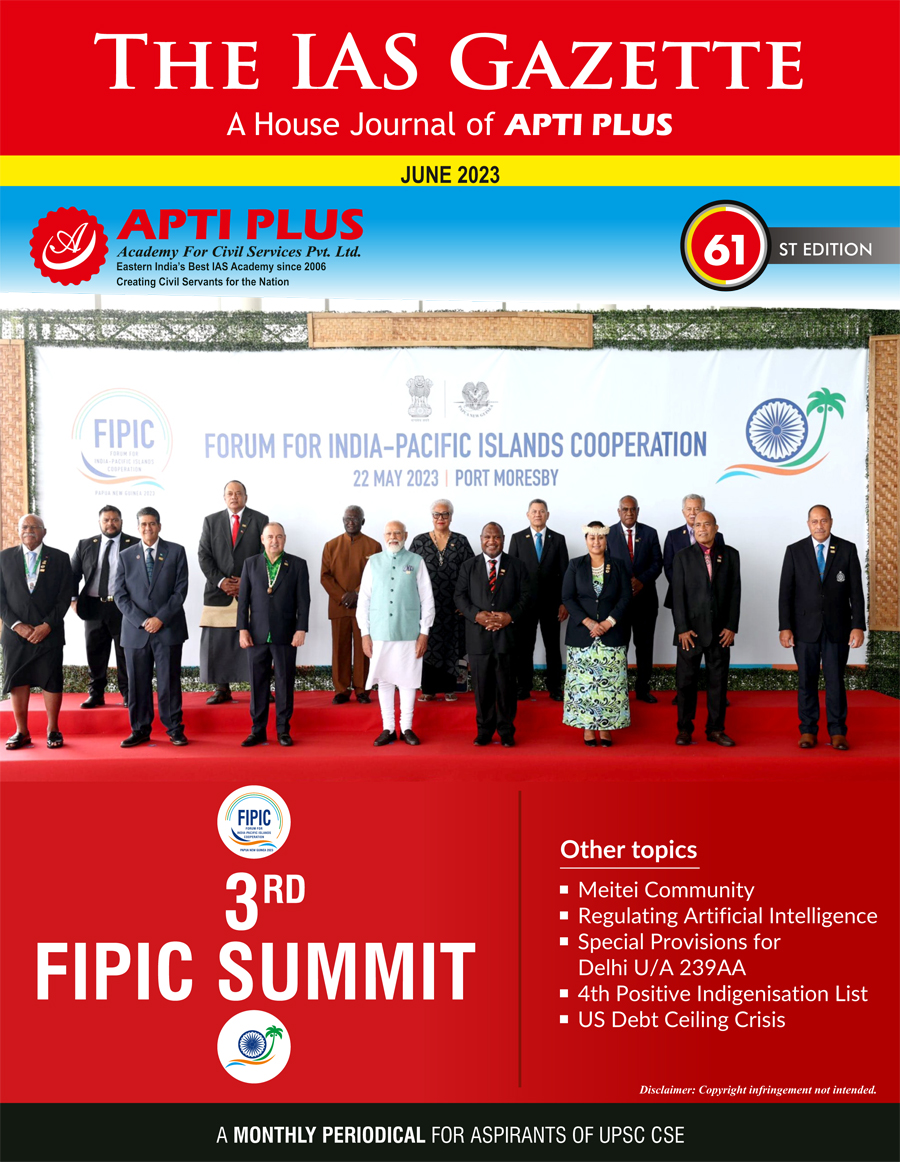
Conversion to Buddhism
- Ambedkar, who belonged to the Mahar caste which was considered untouchable in Hinduism, converted to Buddhism on October 14, 1956, in Nagpur along with 500,000 supporters, after studying the religion for years.
Chief Architect of Indian Constitution
- It was on August 29, 1947, that he was appointed as the chairman of the Constitution Drafting Committee for the constitution of independent India and after Independence, he was appointed as the law minister of India.
- By writing the Indian Constitution, he not only broke the social conventions meant for Hindu Shudras to emulate caste supremacists, changed their mindsets and urged them to educate and fight for their rights and gave equal rights to all but also ended the monopoly of Hindu Brahmins, Kshatriyas and Vaishyas - in education, military, trade, social standards.
Gandhi vs Ambedkar on caste
Ambedkar’s views on caste
- Unlike Gandhi, who advocated for reforming the caste system by abolishing untouchability, Dr Ambedkar held a more radical view which rejected the institution of caste itself.
- He saw the reformism advocated by contemporary upper caste Hindus as inadequate to undo millenia of discrimination.
- According to him, any revolt against the caste system would only be possible after the oppressed themselves rejected their condition and oppression as being divinely ordained.
- Thus, Ambedkar’s political programme emphasised on lower castes obtaining political power.
- He suggested separate electorates as the form of affirmative action to empower lower castes.
Gandhi’s opposition
- Gandhi’s opposition to separate electorates was ostensibly based on his view that they “do too little” for lower castes.
- Gandhi argued that rather than being restricted to just this measly share of seats, lower castes should aspire to rule “the kingdom of the whole world”.
- Gandhi’s opposition also stemmed from the fear that separate electorates would “destroy Hinduism” by driving a wedge within the community.
- Gandhi rightly understood how the British had exploited internal divisions in Indian society for their own purposes. Separate electorates, according to him, would only help the British ‘divide and rule’.
- This was also a time when antagonism between Hindus and Muslims was rising. If separate electorates for lower castes would be announced in addition to those for Muslims, this would significantly reduce the power that caste Hindu leadership enjoyed by breaking the consolidated Hindu fold.
The Yerawada fast and the Poona Pact
- On September 16, 1932, while imprisoned in the Yerawada Jail in Pune, Gandhi began a fast unto death against the British decision to create separate electorates based on caste.
- This put Ambedkar in a tricky situation.
- On one hand, he disagreed with Gandhi’s political alternative (i.e. reservations) as he believed that even with reserved seats, upper castes would numerically dominate lower castes, blunting possibilities for more radical social change by determining which lower caste candidate to vote for.
- On the other, Gandhi was the nation’s most loved political leader, and if something were to happen to him, the fledgling Dalit movement might bear heavy consequences – including the possibility of violence against defenceless Dalits by upper castes.
- Thus, with a heavy heart, Ambedkar succumbed to Gandhi’s pressure, inking what would be known as the Poona Pact. The pact secured reservations for lower castes but put the question of separate electorates to bed. Ambedkar was never satisfied with this outcome.
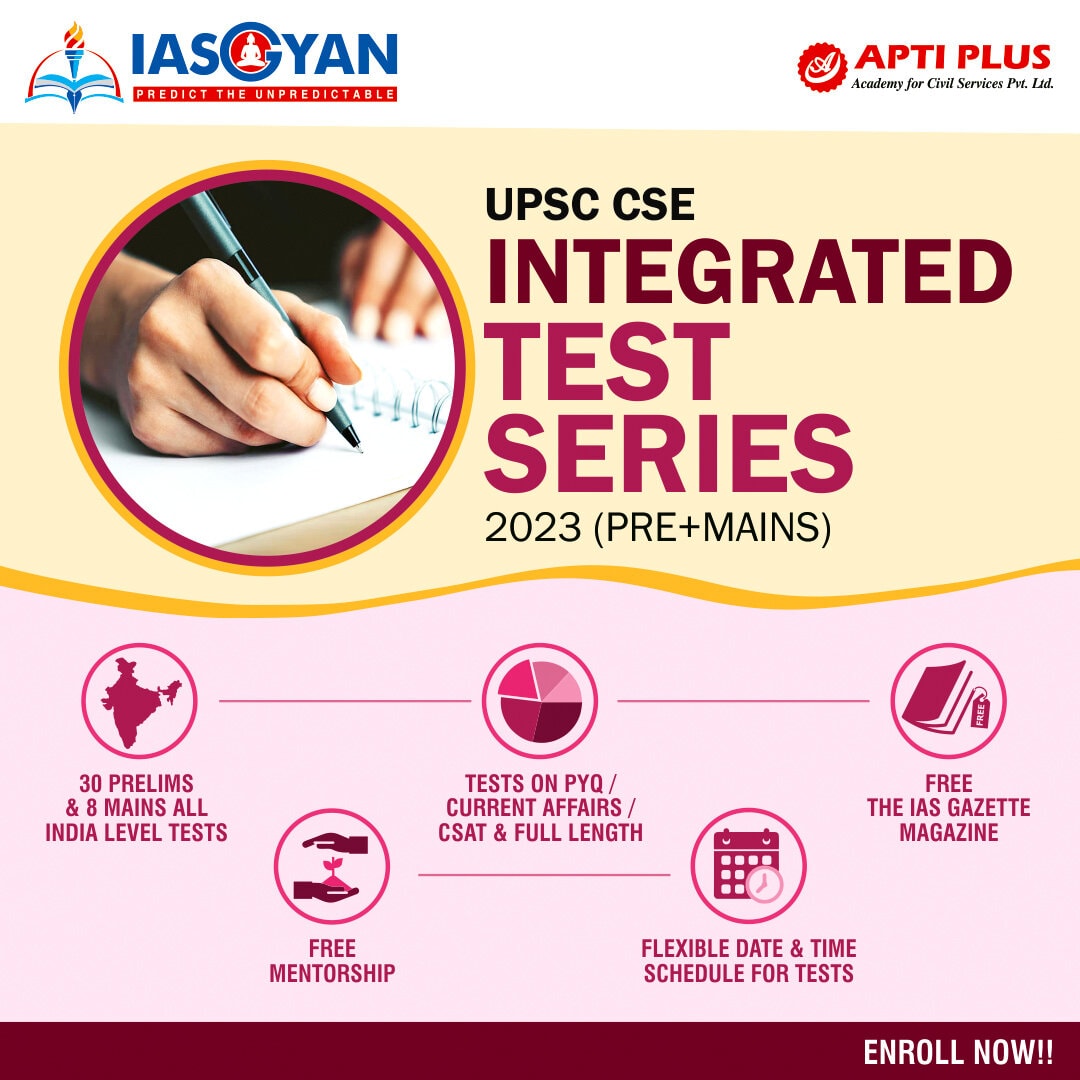
Famous Quotes
- “I measure the progress of a community by the degree of progress which women have achieved.”
- “I like the religion that teaches liberty, equality, and fraternity.”
- “Be educated, be organized, and be agitated.”
- “Cultivation of mind should be the ultimate aim of human existence.”
- “A great man is different from an eminent one in that he is ready to be the servant of the society.”
- “Freedom of mind is the real freedom.”
- “I am proud of my country, India, for having a constitution that enshrines principles of democracy, socialism, and secularism.”
- “Law and order are the medicine of the body politic, and when the body politic gets sick, medicine must be administered.”
- “Life should be great, rather than long.”
- "History shows that where ethics and economics come in conflict, victory is always with economics. Vested interests have never been known to have willingly divested themselves unless there was sufficient force to compel them."
|
PRACTICE QUESTION
Q) Unlike Gandhi, who advocated for reforming the caste system by abolishing untouchability, Dr Ambedkar held a more radical view which rejected the institution of caste itself. Comment. (250 words)
|

https://indianexpress.com/article/explained/explained-history/ambedkar-jayanti-ambedkar-gandhi-and-the-issue-of-separate-electorates-8555091/






